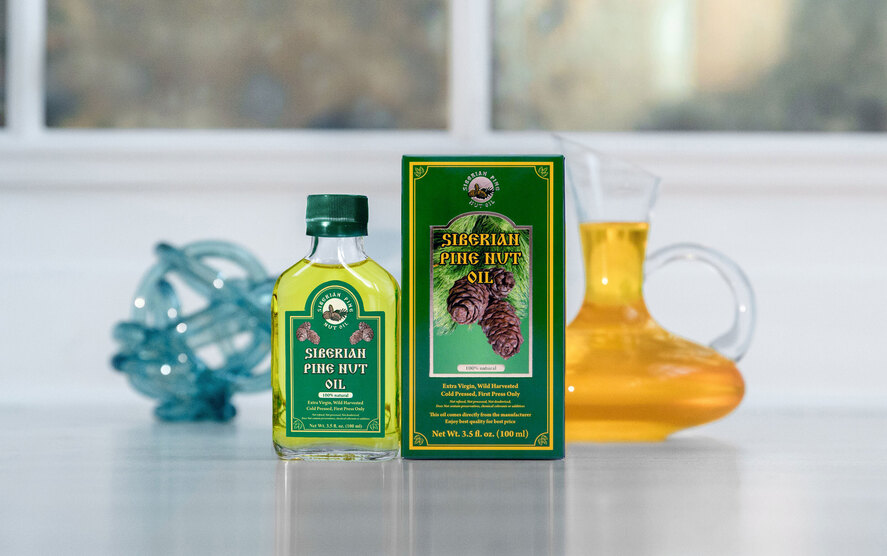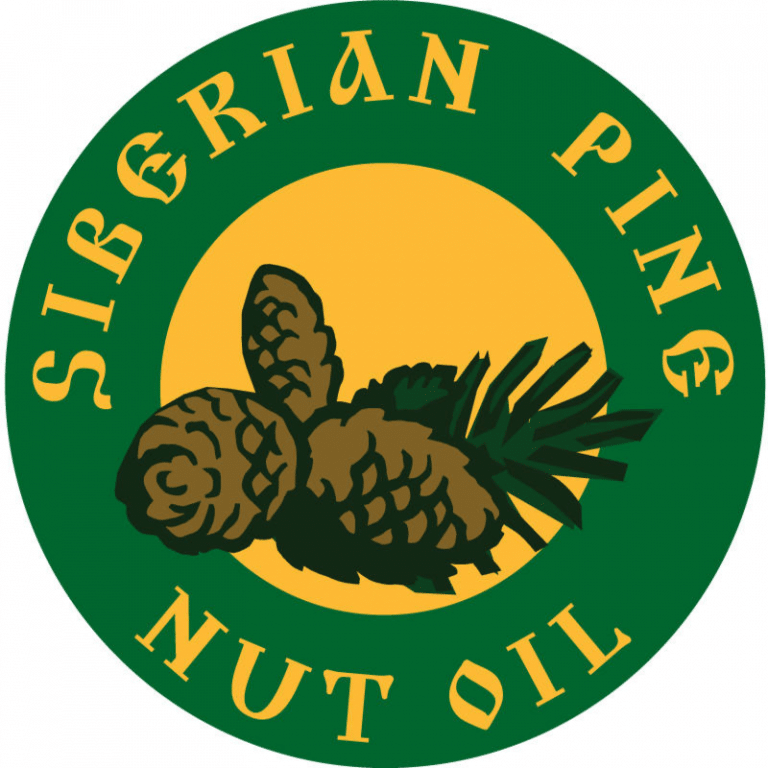Study review: Hepatoprotective effect of pine nut oil and pine nut flakes

Polysaccharides that are contained in pine nut flakes and pine nut oil, have a hepatoprotective effect and prevent irreversible liver damage — this is evidenced by the results of experiments conducted in vitro and in vivo.[1]
A group of Chinese scientists have been studying the effect of pine nut products on liver cells for several years. The first studies were carried out in vitro, on liver cells specially grown for this purpose in the laboratory. It has been proven that the use of polysaccharides isolated from pine nuts prevents the destruction of cells even when they are exposed to aggressive carbon tetrachloride (CCl4). It should be noted that almost the entire composition of polysaccharides from the initial raw material (nut) is preserved in pine nut oil and pine nut flakes if the products are cold-pressed and not processed.
The second experiment was carried out on laboratory mice. Its goal was to elucidate the mechanisms by which polysaccharides protect the liver from negative effects. As a result, the following was found:
- The state of liver cells, despite the negative impact, when taking polysaccharides from pine nuts, not only did not worsen, but even improved. I.e. this nutrient had a strengthening effect;
- Polysaccharides suppressed the production of reactive oxygen species (ROS) and lipid peroxidation that can lead to cell damage and destruction;
- The antioxidant effect of polysaccharides is associated with their ability to activate the Nrf2 / ARE signaling pathway (redox-sensitive system that responds to ROS) and increase the antioxidant capacity of hepatocytes (liver cells);
- The reaction between Nrf2 and ARE promoted the formation of Mkp1 (Mitogen-Activated Protein Kinase Phosphatase 1). It, in turn, reduced the activity of the JNK signaling pathway triggered by damage and, as a result, suppressed apoptosis (death) of hepatocytes.
Thus, due to the content of specific polysaccharides, pine nut flakes and pine nut oil affect the Nrf2/ARE/Mkp1/JNK signaling pathways. This is the mechanism that underlies their hepatoprotective action. These results indicated that pine nut products “has potential to serve as a hepatoprotective agent against chemical induced hepatotoxicity.“, the study authors summarize.
Together with the detoxifying effect of amino acids from pine nut flakes and pine nut oil, the discovery of Chinese scientists makes these products effective not only for maintaining liver health, but also for protecting the entire body from the negative effects of the external environment.
REFERENCES
[1] Hang Qu, Shuang Liu, Cuilin Cheng, et al. Hepatoprotection of pine nut polysaccharide via NRF2/ARE/MKP1/JNK signaling pathways against carbon tetrachloride-induced liver injury in mice
These articles come directly from researchers and are passed on to everybody. siberianpinenutoil.org assumes no liability for any content in these articles. For Educational purposes only. This information has not been evaluated by the Food and Drug Administration. This information is not intended to diagnose, treat, cure, or prevent any disease.



